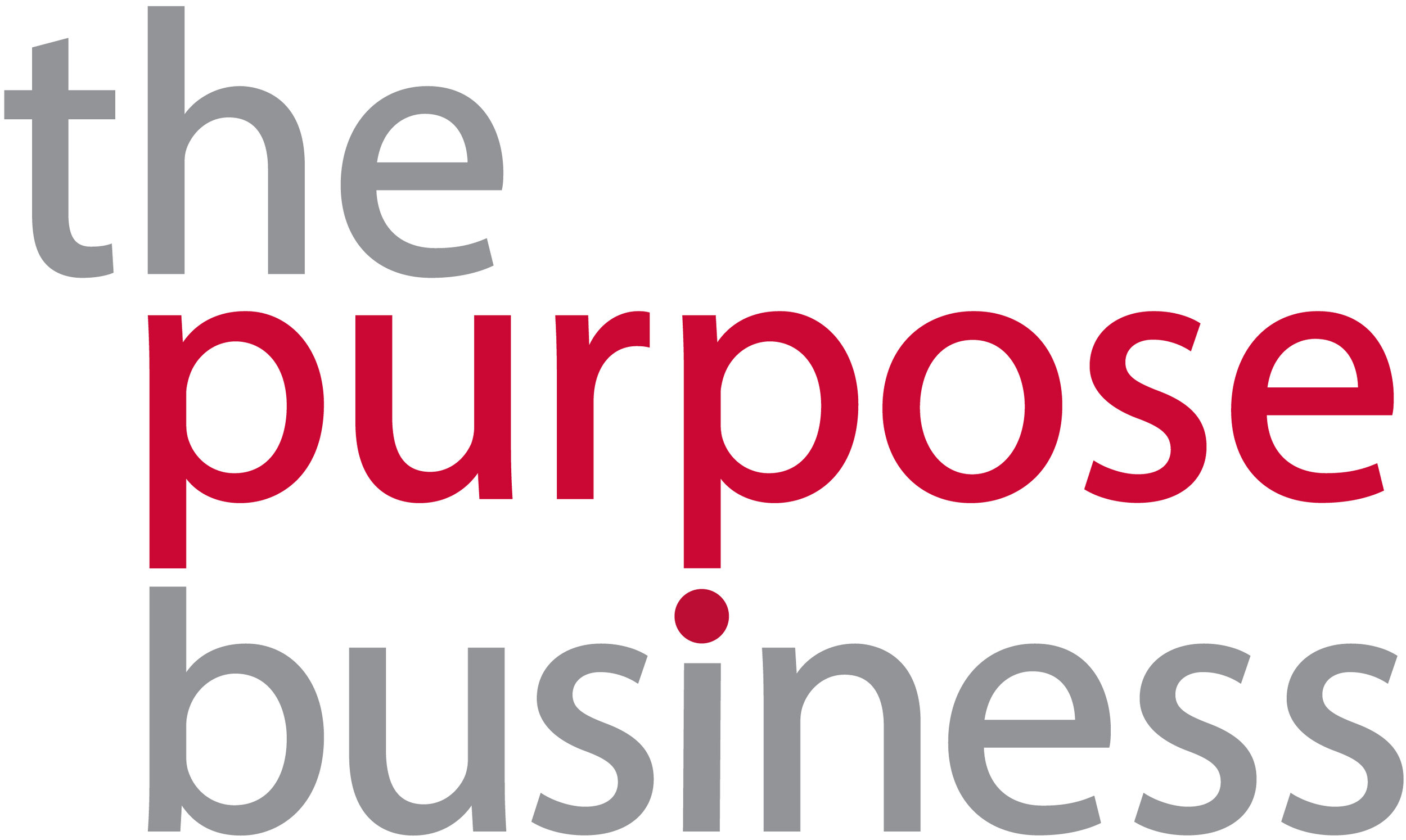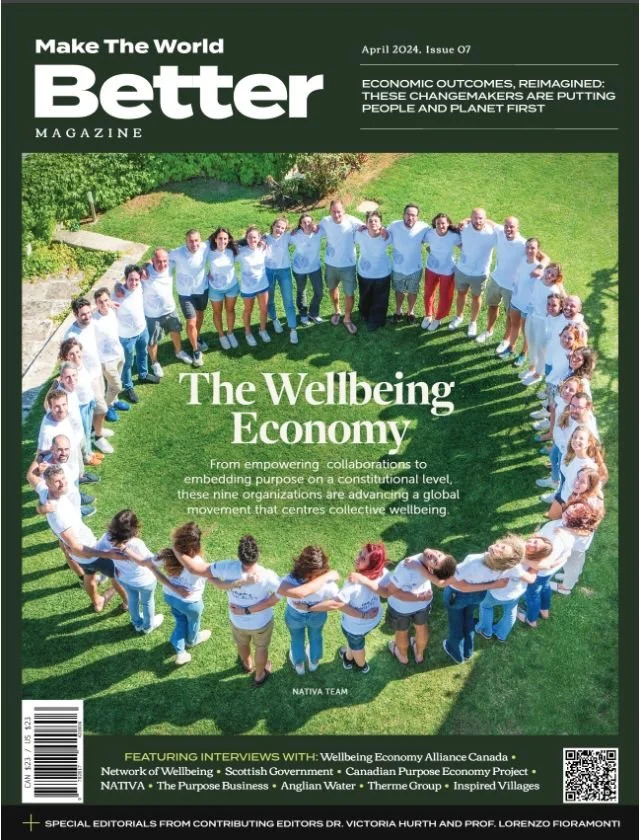8 SDGs that support an age-friendly corporate culture
Around the world people are enjoying longer lives, which means an older workforce. Corporate cultures need to develop to be more inclusive for the ageing population. Looking at the Sustainable Development Goals can help.
Advances in healthcare and medicine, rising living standards, improved lifestyles, better education, economic development with enhanced environmental awareness have all resulted in a continuous increase in life expectancy. By 2050, the world’s population of people over the age of 60 will double. According to Hong Kong Population Projects 2017-2066, 38.8% of the city’s population will have reached the age of 60 or above by mid-century. On the other hand, the traditional workforce, those in age groups from 15 to 64, will shrink from the current 70.8% to 59.0% of the population by 2050.
We will inevitably see an ageing workforce, and this brings new challenges to many businesses. Corporations need to plan ahead to meet the needs of their staff at older ages, as well as understanding an ageing customer profile.
Using the Sustainable Development Goals (aka SDGs or Global Goals) as a guide can support organisations committed to building and embracing an age-friendly culture within their organisations. These eight SDGs are particularly relevant:
SDG 1: No poverty
End poverty in all its forms everywhere.
Over 30% of elderly Hongkongers live in poverty according to the Hong Kong Poverty Situation Report 2017 released end of last year. Unemployment and poverty are mutually reinforcing. Employers can prevent older people from falling into poverty by having flexible retirement policies, providing older workers with access to education or vocational training, re-skilling or other means to maintain their employability so that they can remain in the workforce for longer. Employers’ and employees’ attitudes about the value and contributions of older workers also play a crucial role in providing recognition for older people at work.
SDG 3: Good health and well-being
Ensure healthy lives and promote well-being for all at all ages.
People’s health needs tend to become more complex and chronic with increasing age, but this can be dealt with systematically through a forward-looking corporate policy over health coverage at work and at retirement. Optimising corporate health coverage for employees at a wider age range ensures continued and equitable access to disease prevention, promotion, treatment and rehabilitation throughout all stages of life for the corporate workforce.
SDG 4: Quality education
Ensure inclusive and equitable quality education and promote lifelong learning opportunities for all.
Continued access to training and educational opportunities is important in older age to allow older employees to be equipped with the knowledge and skills to keep abreast of developments at work; adjust to the changes that ageing brings, from succession planning to retirement; foster contact with other generations at work and participate in society through corporate volunteering initiatives. Employers can extend learning opportunities to older staff to enable them to develop new skills and knowledge and to maintain a sense of self, identity and meaning.
SDG 5: Gender equality
SDG 10: Reduced inequalities
Achieve gender equality and empower all women and girls.
Reduce inequality within and among countries.
Women tend to live longer than men, on average, and thus comprise the majority of older persons, especially at advanced ages. By 2050, men aged over 65 will be contributing to 13.1% of Hong Kong’s population, while women within the same age group will account for 19.4% of the population. Women’s frequent restricted participation in the paid workforce has many negative consequences in later life, including a greater risk of poverty and hence poor health. The pursuit of gender equality and empowerment of older women can be supported by robust systems that promote equitable workforce participation, and breakdown of the barriers that limit the contributions of older people.
SDG 11: Sustainable cities and communities
Make cities and human settlements inclusive, safe, resilient and sustainable.
Corporations can take part in creating cities and communities that are sustainable and accessible to all. An age-friendly city recognizes the wide range of capacities and resources among older people; anticipates and responds flexibly to ageing-related needs and preferences; respects older people’s decisions and lifestyle choices; and promotes older people’s inclusion in and contribution to all areas of community life.
SDG 16: Peace, justice and strong institutions
Promote peaceful and inclusive societies for sustainable development, provide access to justice for all and build effective, accountable and inclusive institutions at all levels.
Stereotypes, prejudice and discrimination against older people based on their chronological or perceived age limit society’s ability to appreciate and release the potential human and social resources inherent in older populations. Corporations can take actions to ensure more just societies and stronger institutions by disseminating evidence-based awareness campaigns about ageing; tailoring advocacy messages to all relevant sectors on how they can contribute to age-friendliness; communicating the best practices of other successful intersectoral strategies that have contributed to age-friendliness; and encouraging legislation and policies against age-based discrimination in all aspects of society.
SDG 17: Partnerships for the goals
Strengthen the means of implementation and revitalise the global partnership for sustainable development.
The achievement of the SDGs can be complemented by multi-stakeholder partnerships, including those with the civil society, that mobilise and share knowledge, expertise, technology and financial resources. The non-governmental organisations (NGOs) in Hong Kong have been playing a key role in bringing to the forefront the various challenges of elderly problems in the society at large, and also offering essential services to the elderly community. Corporations are encouraged to form long-term partnerships with these NGOs to make an impact on the lives of the senior citizens locally.
Some best-in-class employers understand the value, wisdom, and insight older workers can bring to the workforce and generate an age-inclusive social impact. International names such as Nike and H&M are commended by Monster.com for their forward-thinking approaches to their older workforces. Closer to home, Hong Kong’s Gingko House is famous for pioneering senior employment within the restaurant industry. The majority of their staff members (80 per cent) are elderly people, and the company operates a half-shift systems to allow people to work for four to six hours a day, in consideration of employees’ physical limitations.
Whether you are an employer or a working member of a corporation, you can make your corporate environment more age-friendly. They are not just grey hairs, they are the wisdom-highlights of our society!












